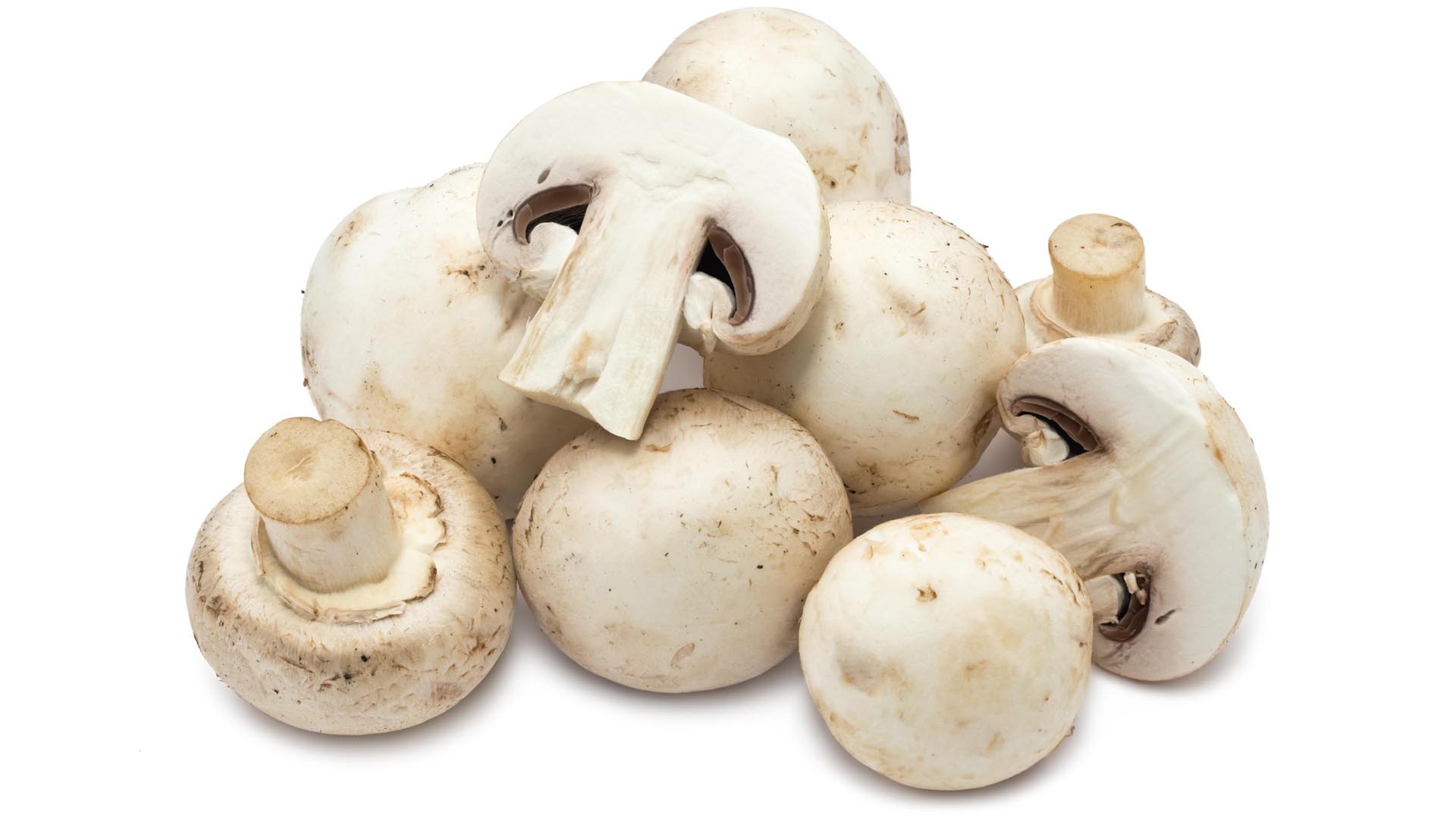
Benefits of Lion’s Mane Functional Mushrooms A Comprehensive Guide
introduction
In recent years, functional mushrooms have gained tremendous attention for their potential health benefits and medicinal properties. Among the many varieties of functional mushrooms, Lion’s Mane (Hericium erinaceus) stands out as a unique and intriguing species, known for its distinctive appearance and potential cognitive and neurological advantages. In this comprehensive guide, we will explore the numerous benefits of Lion’s Mane functional mushrooms, delving into their historical background, chemical composition, potential health advantages, and how to incorporate them into your daily routine.
Historical Background
Lion’s Mane mushrooms have a rich history in traditional Chinese and Japanese medicine, where they were highly esteemed for their potential health benefits. This unique mushroom derives its name from its shaggy appearance, which resembles a lion’s mane. Known as “Yamabushitake” in Japan, Lion’s Mane has been utilized for centuries as a natural remedy. Historically, it was used to support digestive health, boost the immune system, and promote general well-being. However, it is the recent surge in scientific research that has uncovered a host of additional health advantages, particularly in the realm of brain health and cognition.
Chemical Composition
The medicinal properties of Lion’s Mane mushrooms can be attributed to their complex chemical composition. Lion’s Mane mushrooms contain a variety of bioactive compounds, including:
- Hericenones and erinacines: These two classes of compounds are unique to Lion’s Mane and are believed to have neuroprotective properties. They may promote the production of nerve growth factor (NGF), a protein that plays a crucial role in the growth, maintenance, and survival of nerve cells.
- Polysaccharides: Lion’s Mane mushrooms are rich in polysaccharides, which have immune-modulating and antioxidant properties. These compounds can support the body’s defense mechanisms and reduce oxidative stress.
- Amino acids, vitamins, and minerals: Lion’s Mane mushrooms contain essential nutrients that contribute to overall health and vitality.
- Sterols: These compounds may contribute to cholesterol-lowering effects and support cardiovascular health.
- Polypeptides: Lion’s Mane contains various bioactive peptides that have potential health benefits.
- Diterpenoids: Some Lion’s Mane species contain diterpenoids, compounds with anti-inflammatory and anti-tumor properties.
Potential Health Benefits
The benefits of Lion’s Mane functional mushrooms are diverse and encompass a wide range of health-related issues. Here are some of the potential advantages of incorporating Lion’s Mane into your diet and lifestyle
- Cognitive Enhancement: Lion’s Mane is celebrated for its potential to enhance cognitive function and memory. The compounds hericenones and erinacines found in Lion’s Mane are thought to stimulate the production of nerve growth factor (NGF), which plays a pivotal role in the maintenance and growth of nerve cells.
- Neurological Health: Beyond cognitive benefits, Lion’s Mane may provide neuroprotective effects. These mushrooms have been studied for their potential in managing conditions like Alzheimer’s disease, Parkinson’s disease, and other neurodegenerative disorders.
- Mood and Emotional Well-Being: Some users report improvements in mood and emotional well-being with Lion’s Mane supplementation. These mushrooms may help alleviate symptoms of depression and anxiety.
- Nerve Regeneration: The NGF-boosting properties of Lion’s Mane are associated with nerve regeneration. This could be beneficial for individuals recovering from nerve injuries or conditions affecting the nervous system.
- Digestive Health: Lion’s Mane has a long history of use in traditional medicine for digestive issues. It may help improve digestive function and alleviate symptoms such as indigestion and gastritis.
- Immune System Support: The polysaccharides in Lion’s Mane mushrooms have immunomodulatory properties, helping the body’s defense mechanisms function optimally and reducing the risk of infections.
- Anti-Inflammatory Effects: Lion’s Mane may help reduce inflammation in the body, which is associated with various chronic diseases and conditions.
- Cardiovascular Health: Some Lion’s Mane species contain sterols, which may have a role in reducing cholesterol levels and supporting heart health.
- Enhanced Nerve and Muscle Function: Improved NGF production may contribute to better nerve and muscle function. Athletes and fitness enthusiasts may find Lion’s Mane beneficial for enhanced performance.
- Improved Skin Health: Some studies suggest that Lion’s Mane can promote skin health by supporting collagen production and reducing signs of aging.
How to Incorporate Lion’s Mane Into Your Routine
Lion’s Mane mushrooms are available in various forms, making it easy to include them in your daily routine. Here are some popular ways to use Lion’s Mane
Lion’s Mane Supplements: Lion’s Mane supplements are available in capsule, powder, or tincture form. These provide a convenient and standardized way to consume Lion’s Mane.
- Lion’s Mane Tea: Lion’s Mane tea is made by steeping dried Lion’s Mane mushrooms in hot water. It has a mild, earthy flavor and offers a soothing way to experience the mushroom’s benefits.
- Lion’s Mane Extracts: Liquid extracts of Lion’s Mane are highly concentrated and can be added to beverages or taken directly for a quick dose of the mushroom’s health-promoting properties.
- Lion’s Mane Powder: Lion’s Mane powder is versatile and can be added to smoothies, soups, or other recipes to infuse them with the mushroom’s benefits.
- Lion’s Mane Coffee: Some coffee blends incorporate Lion’s Mane powder, combining the stimulating effects of caffeine with the cognitive benefits of Lion’s Mane.
- Lion’s Mane Capsules: For those who prefer a tasteless and convenient option, Lion’s Mane capsules are a popular choice for supplementation.
Potential Side Effects and Precautions
While Lion’s Mane mushrooms are generally considered safe for most people, it’s essential to be aware of potential side effects and precautions
- Allergic Reactions: Some individuals may be allergic to Lion’s Mane mushrooms. If you experience any allergic symptoms such as rashes, itching, or difficulty breathing, discontinue use and seek medical attention.
- Digestive Upset: Some individuals may experience mild digestive discomfort, such as bloating or diarrhea, when consuming Lion’s Mane. If this occurs, reduce the dosage or discontinue use.
- Interactions with Medications: If you are taking medications, particularly those affecting blood clotting or the nervous system, consult with a healthcare professional before incorporating Lion’s Mane into your routine.
- Pregnancy and Breastfeeding: Limited research is available on the safety of Lion’s Mane during pregnancy and breastfeeding. It’s generally advisable for pregnant and breastfeeding women to avoid Lion’s Mane supplements to err on the side of caution.
- Autoimmune Diseases: Lion’s Mane’s immune-modulating properties may not be suitable for individuals with autoimmune diseases. Consult with a healthcare professional before incorporating Lion’s Mane if you have an autoimmune condition.
- Nausea and Dizziness: In some cases, particularly with higher doses, Lion’s Mane supplementation may lead to mild symptoms like nausea or dizziness. Reduce the dosage or discontinue use if these side effects occur.
Conclusion
Lion’s Mane functional mushrooms offer a unique and exciting array of potential health benefits, particularly in the realm of cognitive enhancement and neurological well-being. Their historical significance in traditional medicine is complemented by modern scientific research, revealing their diverse potential in supporting brain health, mood, and overall vitality.
Incorporating Lion’s Mane into your daily routine is made convenient through a variety of available forms, including supplements, teas, extracts, and powders. Whether you choose to enjoy its benefits in your morning beverage, as a supplement, or as a soothing tea, Lion’s Mane provides a versatile way to experience its advantages.
As the scientific understanding of Lion’s Mane continues to expand, these functional mushrooms remain a promising addition to the toolkit for enhancing cognitive function and promoting neurological health. However, it’s important to approach their use with an understanding of potential side effects and precautions, particularly if you have specific medical conditions or are taking medications. By responsibly integrating Lion’s Mane into your wellness routine, you can explore the remarkable benefits that this unique functional mushroom has to offer.
Anastasia Filipenko is a health and wellness psychologist, dermatolist and a freelance writer. She frequently covers beauty and skincare, food trends and nutrition, health and fitness and relationships. When she’s not trying out new skincare products, you’ll find her taking a cycling class, doing yoga, reading in the park, or trying a new recipe.
- Benefits of Lion’s Mane Functional Mushrooms A Comprehensive Guide - October 17, 2023
- A Comprehensive Guide to the Best Delta-10 THC Disposables - October 17, 2023
- Where to buy CBD Oil in Perth & Kinross, UK - May 24, 2023


